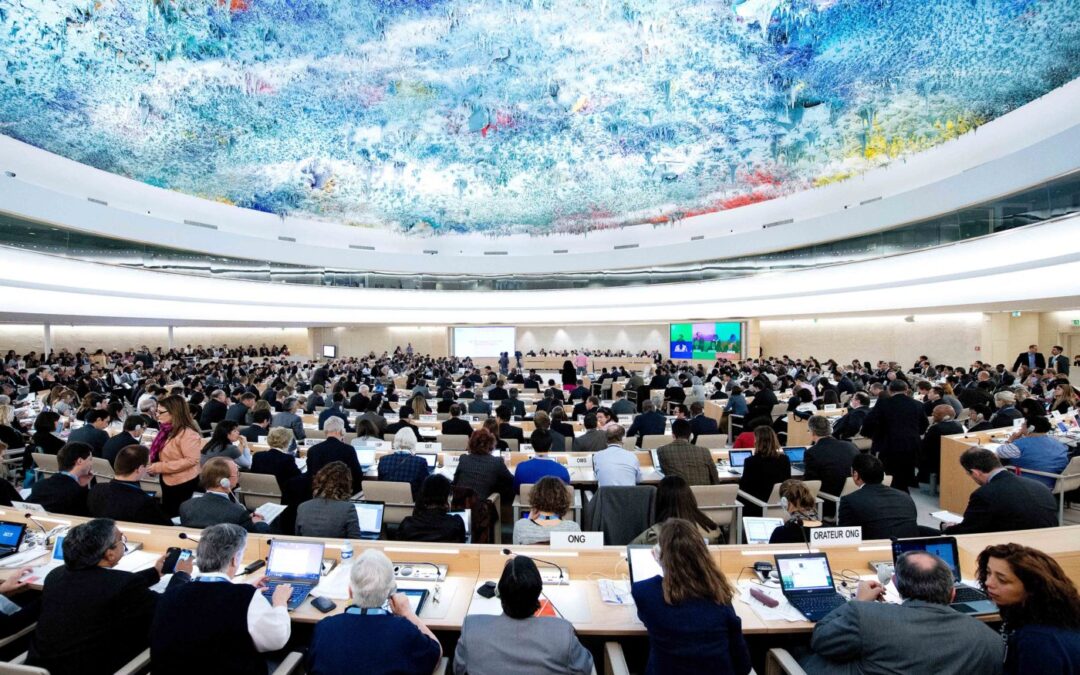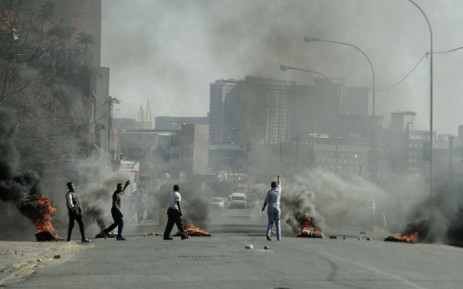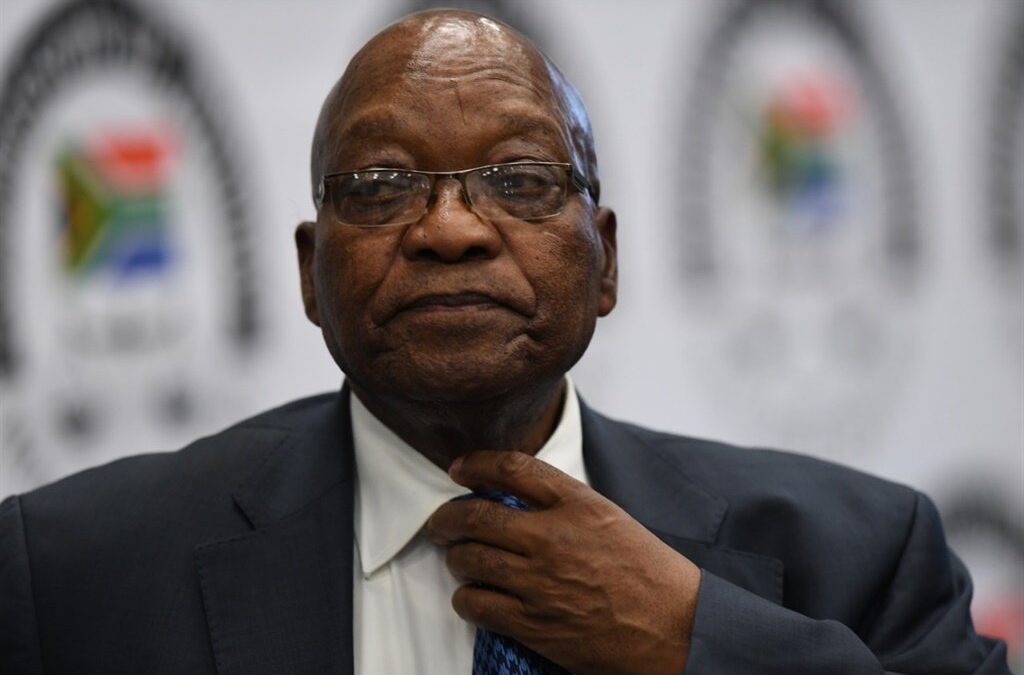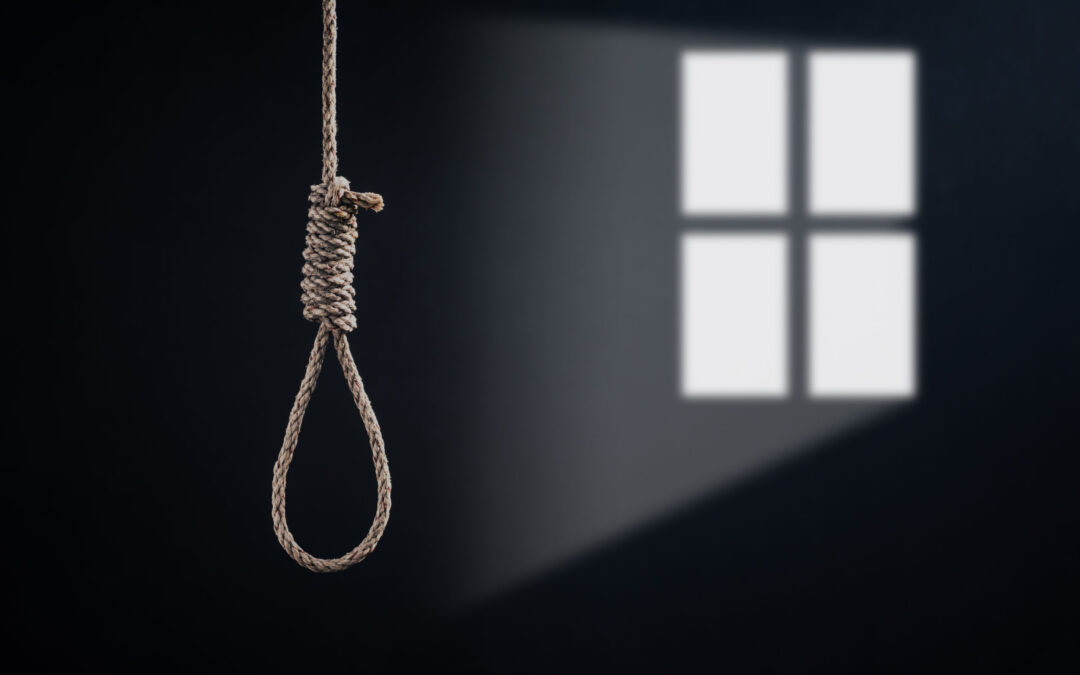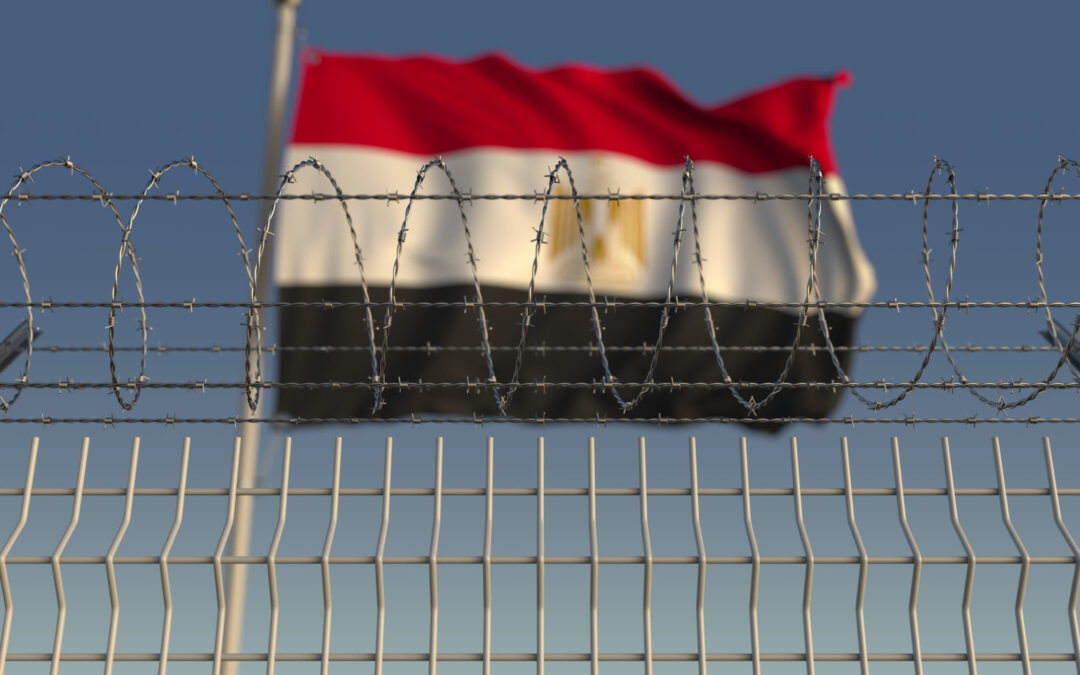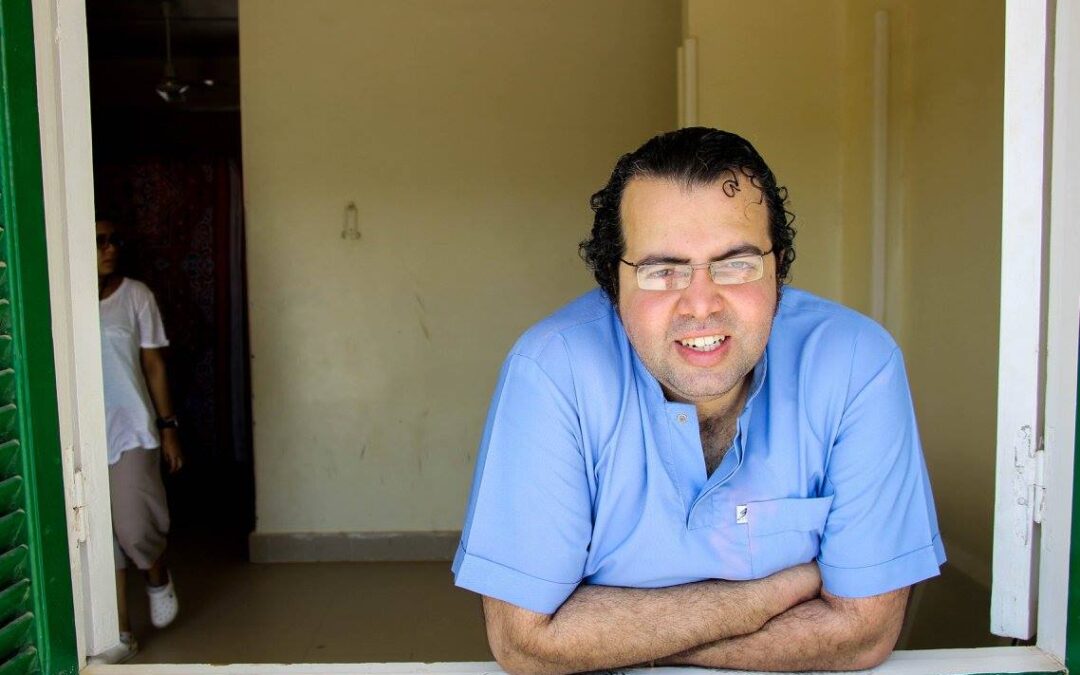
Jun 25, 2021 | News
The undersigned organizations express their deep concern about the continued disappearance of dentist and former parliamentarian, Mostafa Al-Naggar, on its 1000th day, and call on the Egyptian authorities to immediately disclose any information related to his whereabouts and to reveal his fate.
هذا البيان المشترك متوفر باللغة العربية أيضاً
The former parliamentarian, Mustafa Al-Naggar, a dentist and former head of the Justice Party, travelled to the southern Egyptian governorate of Aswan on September 27, 2018. Since then, his whereabouts and fate remain unknown. According to his wife, the last phone call between her and Mustafa Al-Naggar was on September 28, 2018, when he told her that he was in Aswan, and after that, the communication with him was cut off.
However, on October 10, 2018, his wife received a phone call from an unknown person on her home land line who told her that Al-Naggar had been arrested. Accordingly, on October 12, 2018, the family telegraphed the Public Prosecutor regarding his disappearance, and Mostafa Al-Naggar’s lawyers filed a complaint with the Aswan Prosecution on October 31, bearing the No. 1010 of 2018 Aswan petitions. The State Information Service issued a statement on October 18, 2018, denying that the security services had arrested Al-Naggar.
The Administrative Court of the State Council decided to accept a lawsuit filed by the family of Dr. Al-Naggar to reveal his whereabouts. According to the lawyer of the Egyptian Commission for Rights and Freedoms, the Circle of Rights and Freedoms in the State Council ruled on January 20, 2020 to “stop the implementation of the negative decision and oblige the Minister of Interior to disclose the place of detention of dentist and former parliamentarian Mustafa Al-Naggar” in lawsuit No. 56032/73 J, which was filed by Shaima Ali Afifi, Dr. Al-Naggar’s wife.
The ruling council of the International Parliamentary Union had issued a decision in November 2020 regarding the disappearance of Mustafa Al-Naggar, in which it expressed its concern about the failure of the Egyptian authorities to take any measures towards revealing the fate of the former parliamentarian, and calling on the Ministry of Interior to open an investigation into his disappearance.
During its session held in May 2021, the same Council reiterated its continuing concern about the Egyptian authorities’ unwillingness to disclose Mustafa Al-Naggar’s whereabouts. The same Council renewed its call on the Ministry of Interior to take the investigation into his disappearance seriously, and to take the necessary measures to locate him.
It should be noted that Dr. Al-Naggar suffers from asthma and kidney stones, and depriving him of treatment may put his life at risk. We also note that Mustafa Al-Naggar has taken legal measures to appeal the ruling by the Cairo Criminal Court issued on December 30, 2017, against him and others in absentia, imposing a sentence of three years’ imprisonment following the “insulting the judiciary case” (in case No. 478 of 2014). On 15 October 2015 the court of cassation upheld the prison sentence.
The undersigned organizations call upon the Egyptian authorities to immediately disclose any information related to Mustafa Al-Naggar’s whereabouts and fate, as well as on the Public Prosecution – as the investigative body entrusted with following up and investigating citizens’ complaints – to immediately and urgently investigate the complaints submitted by his family, and on security forces to immediately stop the practice of enforced disappearance against Egyptian citizens, and those who oppose government policies, and immediately disclose the places of detention of the forcibly disappeared.
Signatory organizations
Stop Enforced Disappearance Campaign
Arabic Network for Human Rights Information
Association for Freedom of Thought and Expression
Cairo Institute for Human Rights Studies
Committee for Justice
Egyptian Commission for Rights and Freedoms
Egyptian Front for Human Rights
Egyptian Initiative for Personal Rights
El-Nadim Center
Freedom Initiative
Human Rights Watch (HRW)
International Commission of Jurists (ICJ)
Intersection Association for Rights and Freedoms
Rafto Foundation
World Organisation against Torture (OMCT)
Contact:
Said Benarbia, Director, ICJ Middle East and North Africa Programme, t: +41-22-979-3817; e: said.benarbia(a)icj.org
Asser Khattab, Research and Communications’ Officer, ICJ Middle East and North Africa Programme, e: asser.khattab(a)icj.org
